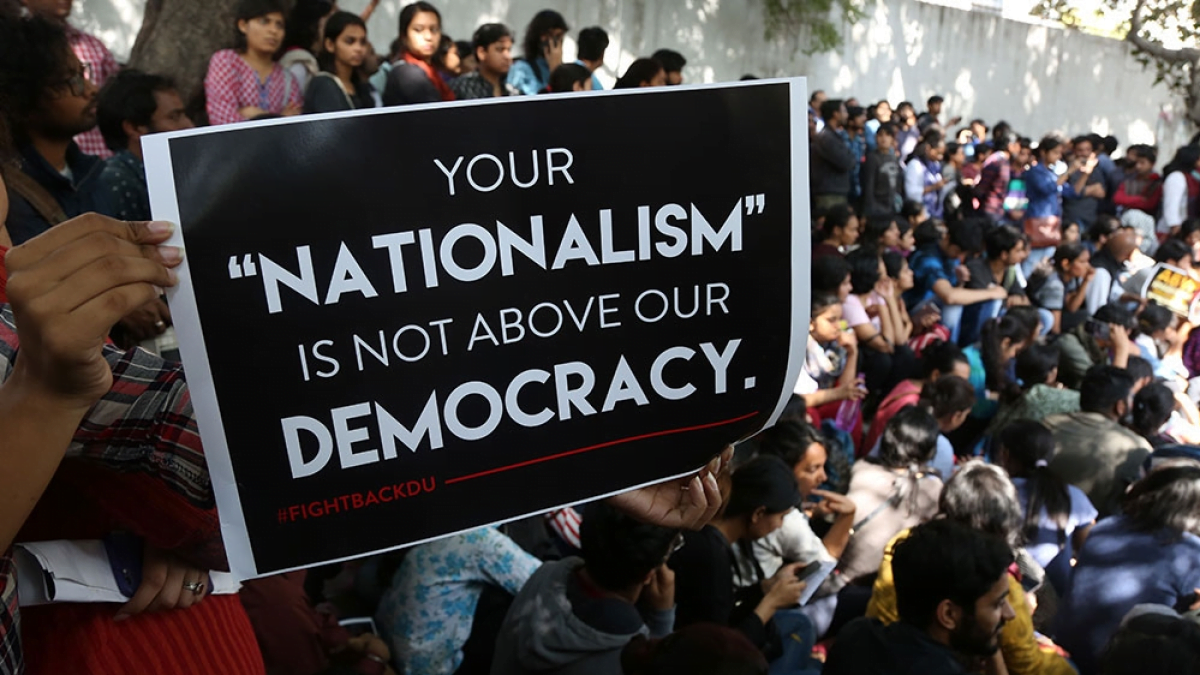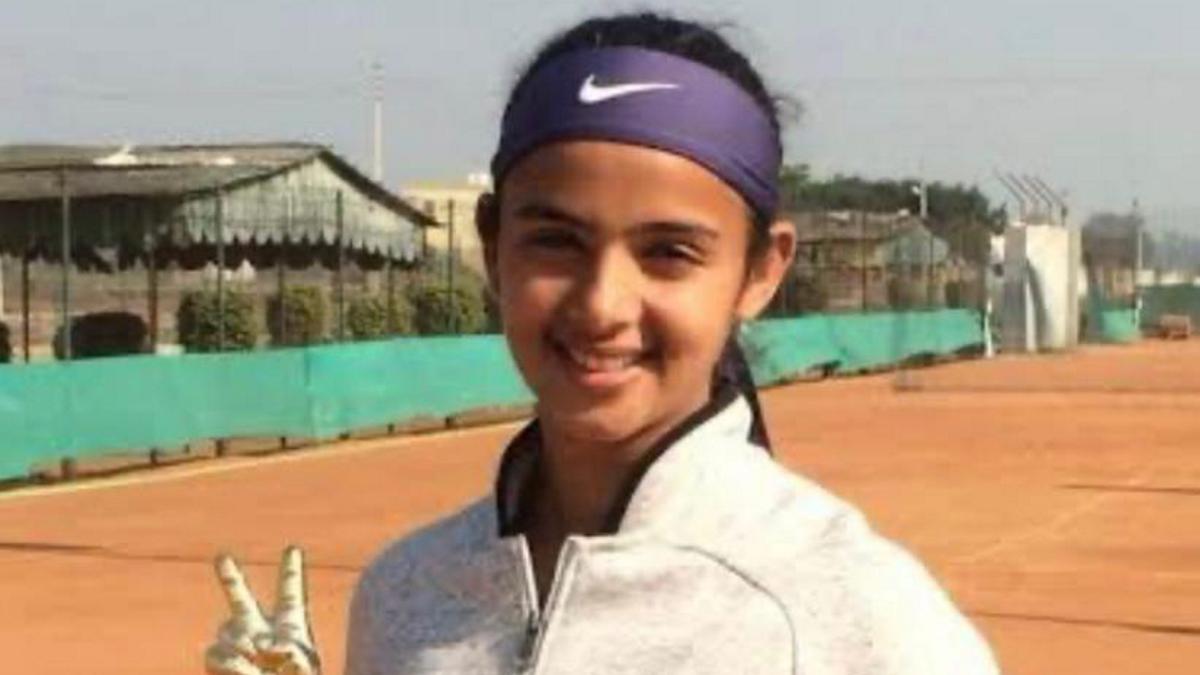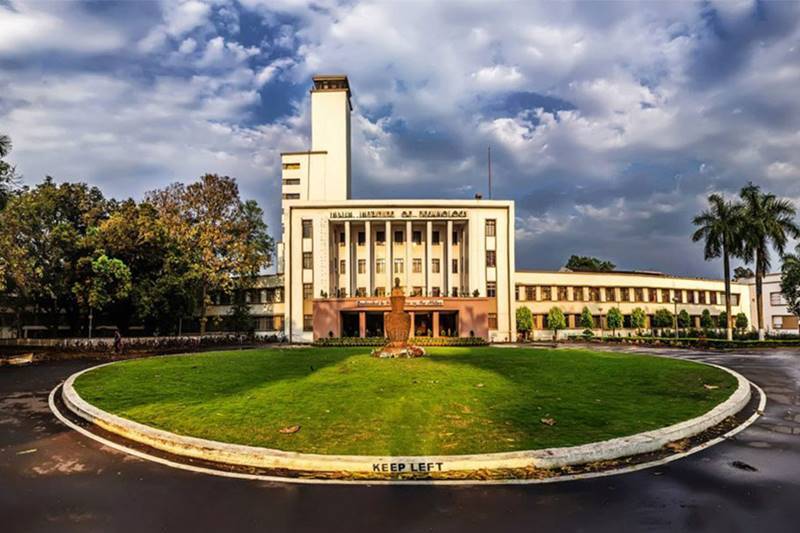Civicus, a global civil society alliance, has recently released its annual report, ‘People Power Under Attack 2022,’ which evaluates the state of civic freedoms in countries around the world. Unfortunately, India’s status in the report has been classified as “repressed,” indicating that the Indian government has been actively repressing civil society in the country.
The report evaluates countries based on several criteria, including the freedom of expression, association, and assembly, the ability of civil society to operate freely, and the government’s response to civic activism. Countries are then classified as either “open,” “narrowed,” “obstructed,” or “repressed,” depending on the level of civic freedom in the country.
According to the report, the state of civic freedoms around the world is concerning, with many countries, including India, experiencing significant challenges to civic freedoms.
Also Read: India “Partially Free” For Third Consecutive Year, Claims Freedom House Report 2023
The report highlights several concerning trends in the state of civic freedoms around the world in 2022. One major issue is the ongoing impact of the COVID-19 pandemic on civil society, with many governments using emergency measures to restrict fundamental freedoms and silence dissent. This has included the use of pandemic-related restrictions to arrest, detain, or harass activists, journalists, and other civic actors, as well as the use of digital surveillance technologies to monitor and control public discourse.
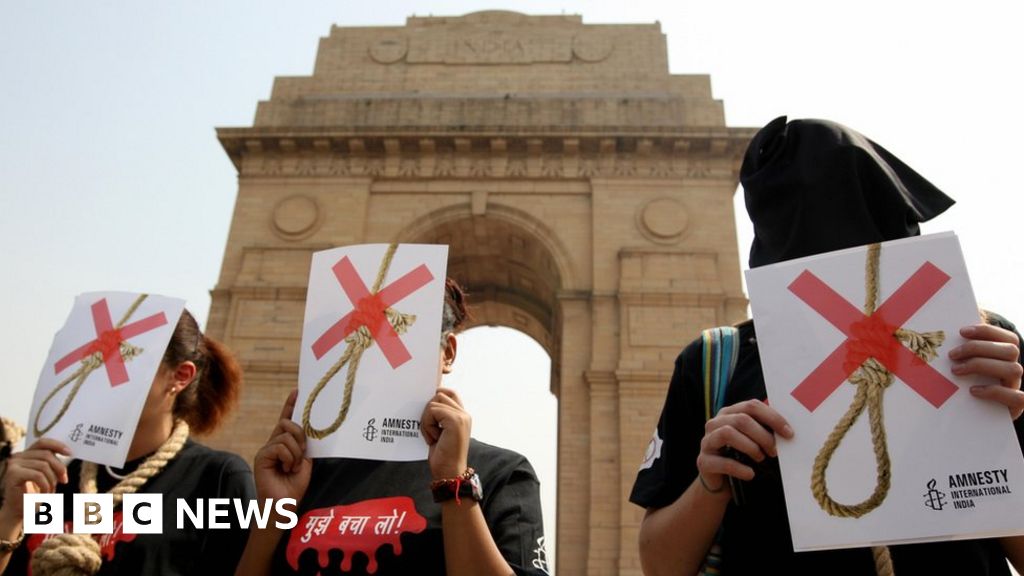
The report also notes an increase in state-led repression of civic freedoms, particularly in authoritarian or semi-authoritarian states. This has included the use of new laws or regulations to restrict civil society activity, as well as the use of force and intimidation to silence opposition voices. The report highlights several countries where this trend is particularly acute, including Belarus, China, Myanmar, and Venezuela.
At the same time, the report highlights the resilience and creativity of civil society actors in the face of these challenges. Many groups and individuals have found innovative ways to continue their work, often using digital technologies to connect with others and mobilise public support. The report emphasises the need for greater international support and solidarity for these efforts, particularly as civil society groups face increasing threats and challenges from governments and other powerful actors.
Another issue highlighted in the report is the importance of civic freedoms in promoting democracy and human rights. The report argues that protecting and promoting civic freedoms is essential to creating a more just and equitable world. It calls on governments and other actors to prioritize these issues in their policies and practices.

Several factors have contributed to India’s “repressed” status in the report. One of the primary factors is the Indian government’s crackdown on civil society organisations and activists. Over the past few years, the Indian government has passed several laws that restrict the ability of civil society organisations to operate freely.
The report notes that the Indian government has used a range of tactics to repress civic freedoms, including harassment, intimidation, and physical violence.
Also Read: “Journalism Is Dangerous In India”: What Has The Siddique Kappan Case Taught Us?
The Indian government has used a range of tactics to repress civic freedoms in the country. One of the primary tactics is the use of laws to restrict the ability of civil society organisations to operate freely. The Foreign Contribution (Regulation) Amendment Act (FCRA) is one such law that has been used to target NGOs critical of the government. The law requires NGOs to seek prior permission from the government before receiving foreign funding and has been used to force many NGOs to shut down.
The Indian government has also used other tactics to repress civic freedoms, including the use of sedition laws and the criminalisation of peaceful protests. Sedition laws have been used to arrest activists critical of the government. In contrast, peaceful protests have been met with violence and repression by the police.
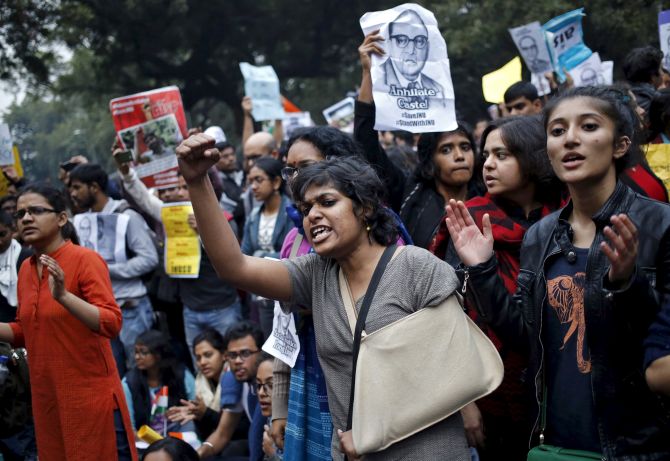
The impact of these tactics has been significant. Civil society organisations and activists critical of the government have been silenced, and the space for dissent has been severely curtailed.
The Indian government’s actions to repress civic freedoms are problematic and unacceptable in a democratic society. Civic freedoms, including the freedom of expression, association, and assembly, are essential for a vibrant and functioning democracy. The Indian government’s crackdown on civil society organisations and activists undermines these freedoms and weakens democracy in the country.
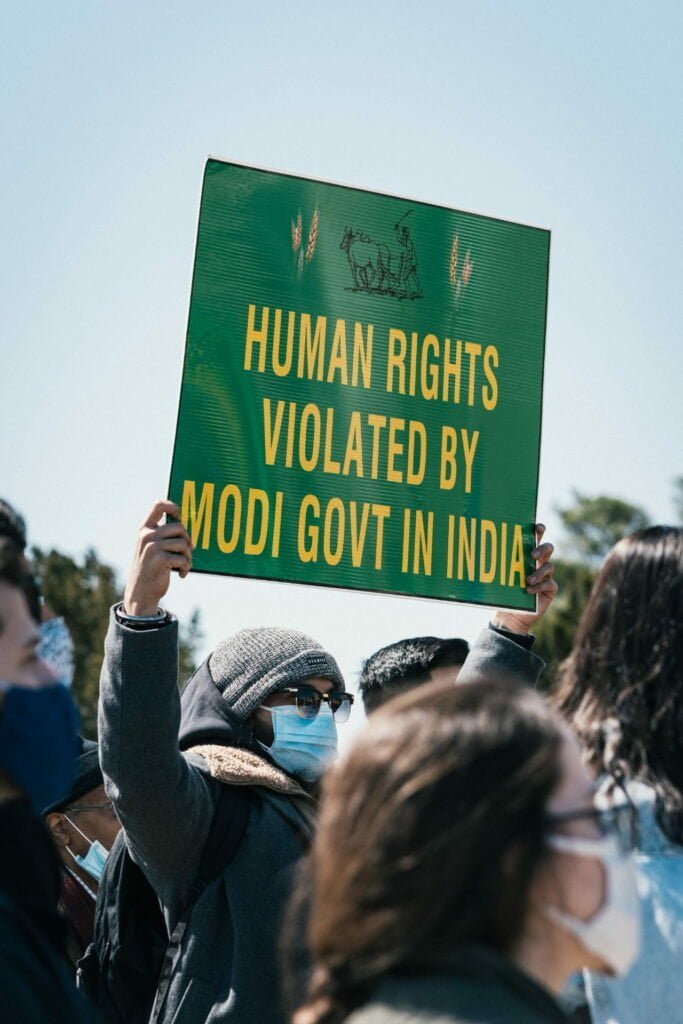
Furthermore, the use of sedition laws and the criminalisation of peaceful protests are clear violations of human rights. The right to freedom of expression and assembly is enshrined in international human rights law, and the Indian government’s actions to repress these rights are a clear violation of its obligations under international law.
To improve the situation in India, the government must take several steps. Firstly, it must repeal laws that restrict the ability of civil society organisations to operate freely.
Also Read: Academic Freedom Index Report: India Has Less Academic Freedom Than 10 Years Ago
Secondly, it must stop the use of sedition laws to target activists critical of the government and ensure that peaceful protests are allowed to take place without fear of repression.
Additionally, the Indian government must engage with civil society organisations and activists to address their concerns and work towards building a more inclusive and democratic society. The government must also work towards promoting a culture of respect for human rights and the rule of law in the country.
Finally, the international community must also play a role in addressing the situation in India. International organisations and governments must press the Indian government to address these issues and hold it accountable for its actions. The international community must also support civil society organisations and activists in India and work towards building a more democratic and inclusive society in the country.
